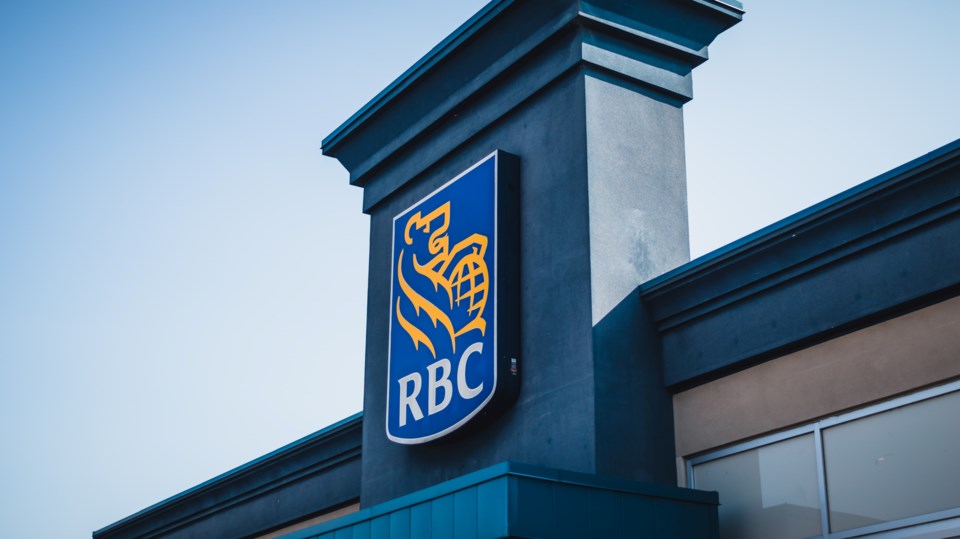Canada’s Competition Bureau has launched an inquiry into the marketing practices of the Royal Bank of Canada (RBC) more than five months after allegations emerged that the company made false and misleading representations about action on climate change.
In an April application to Canada’s Competition Bureau, Kukpi7 Judy Wilson — secretary-treasurer at the Union of BC Indian Chiefs (UBCIC) and chief of the Skat'sin te Secwepemc-Neskonlith Indian Band — joined five other individuals calling for RBC to end its financing of fossil fuels and stop “deceiving the public.”
“Until RBC stops financing fossil fuels, advertising itself as Paris Agreement-aligned is greenwashing — and it shouldn't be tolerated,” said Wilson in a written statement at the time.
RBC is among the top five banking financiers of fossil fuel projects in the world, and the biggest in Canada, according to a report produced earlier this year. The report found RBC had increased its investments in fossil fuel projects to nearly $38 billion from over $19 billion in 2020.
According to a Sept. 29 letter to the applicants' lawyers, the Competition Bureau has “commenced an inquiry” into RBC’s marketing practices in accordance with Canada's Competition Act.
“The inquiry seeks to determine the facts relating to allegations that RBC has contravened the act by making false or misleading environmental representations,” wrote Adam Zimmerman, senior competition officer for the bureau’s cartels and deceptive marketing practices branch.
In April, RBC spokesperson Rafael Ruffolo told Glacier Media the bank "strongly disagrees with the allegations" and believes the complaint to be unfounded.
A rise in 'greenwashing' allegations
Canada’s Competition Bureau is set up to protect and promote competitive business practices across the country. In recent years, it has increasingly taken on cases related to ‘greenwashing’ — false or misleading environmental claims often advertised to make a company or product appear more sustainable than it really is.
In January 2022, a global report found 40 per cent of companies make misleading environmental claims; the bureau responded, warning Canadians to be on the lookout for the practice.
“If a company claims a product or service is ‘green,’ take a moment to reflect on that claim,” said the bureau in a statement at the time.
The bureau has had success in the past. In one victory against greenwashing earlier this year, the consumer watchdog reached an agreement with Keurig Canada to pay a $3-million penalty after it made false and misleading environmental claims around its coffee pods.
In addition to the $3-million penalty, Keurig Canada was forced to pay for the cost of the bureau’s $85,000 investigation and donate $800,000 to a Canadian environmental charity.
The company is no longer permitted to make bogus claims on its packaging, online or in news media.
Regulating fossil fuel advertising, however, would be a sea change for the bureau. It could also send a message to an industry that has long been accused of deceiving the public over the known effects that burning fossil fuels would continue to have on the world's climate system.
Last month, a group of doctors and nurses filed a Competition Bureau complaint against the Canadian Gas Association (CGA) alleging it ran a “false and misleading” advertising campaign that touted gas as an "eco-friendly" fuel.
In that case, the six applicants are asking the independent law enforcement agency to impose a $10-million fine and force the CGA to retract the claims made in its ads.




